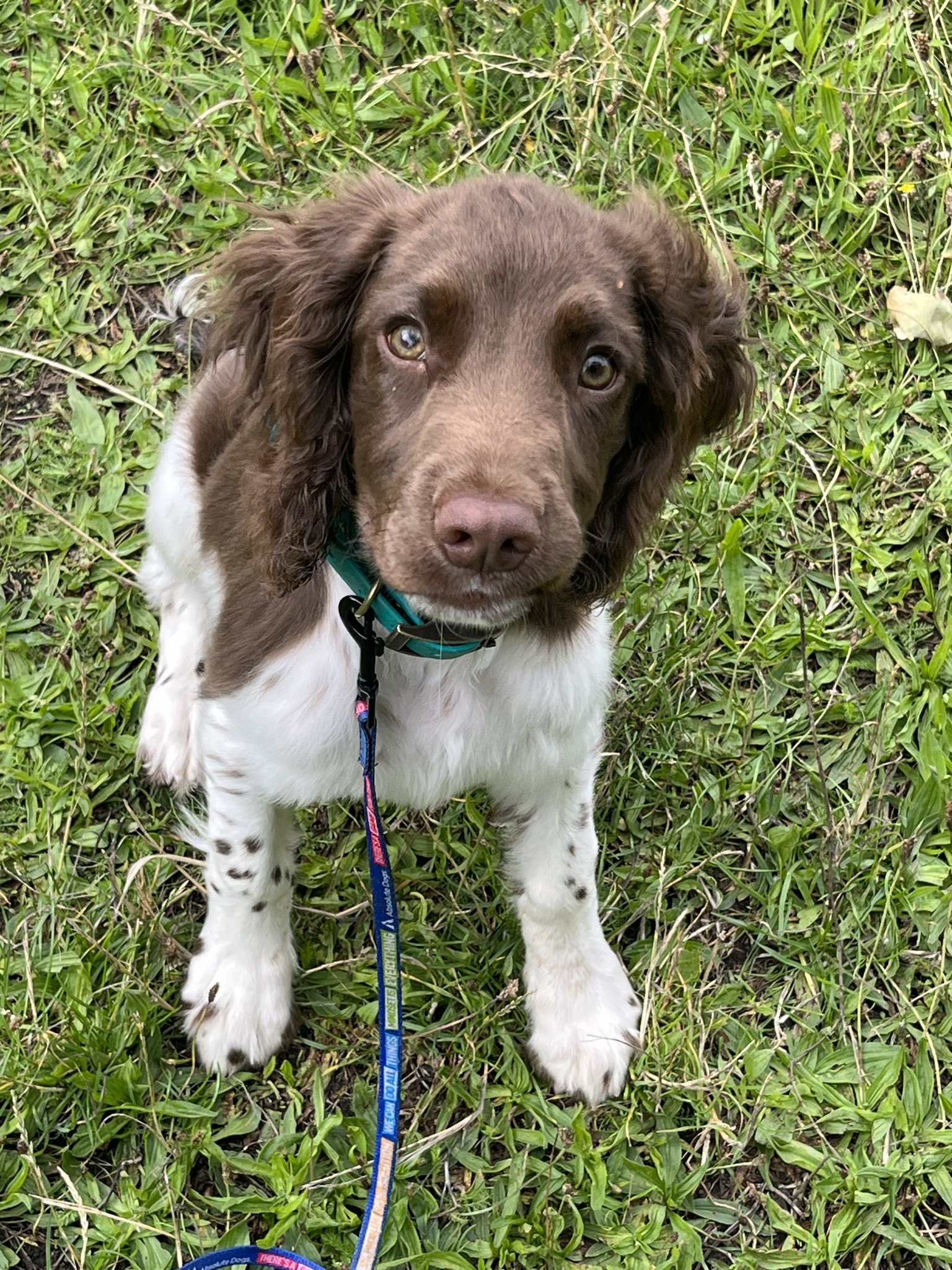Puppy Socialisation
When I got my first puppy, I was thrilled and eager to do everything right.
I followed the advice I was given, which was to introduce her to lots of dogs.
Little did I know, I was setting myself up for future problems.
Puppies do not need to play with other dogs
I let her play with every dog we saw, as long as their owner agreed.
I soon realised, she had no value in being with me, all she wanted was to seek out other dogs.
As she grew up, she became too boisterous to play with other dogs and I prevented her from going to meet them which caused frustration and reactivity.
Her recall was non existent and walks were stressful.
Dogs need their owners
As I learned more about raising puppies and training dogs, I realised that the early experience of letting her meet so many dogs had prevented her from seeing me as a fun and engaging companion.
‘You think your dog needs dog friends, they don’t, they need you to be their friend’. Larry Krohn
With my next puppy, I did things differently. I made sure that when we went out, we were doing things together.
We played games and had fun. We saw other dogs but this puppy was with me and did not expect to meet them.
I have continued this approach with subsequent puppies and they all stay with me when we’re out and see other dogs as ‘none of their business’.
The misconception of puppy socialisation
There is a persisting misconception among puppy owners that ‘socialisation’ means their puppy meeting as many different dogs as they can.
You will see owners of young puppies going to great efforts to introduce their puppy to other dogs.
Puppies don’t need to meet every dog they see.
The puppy is likely to prefer the company of other dogs over being with you.
This will have a negative effect on your relationship and affect many aspects of your training, including recall.
If your puppy is accustomed to greeting every dog they meet, there will come a time when you don’t want them to meet a dog.
When you deny them access to another dog this can cause frustration which can progress to reactivity.
For a whole variety of reasons, some dogs will not be suitable for your puppy to meet, they may be elderly, in pain, nervous, or they might not be friendly.
You do not want to expose your puppy to bad experiences. Negative experiences can have a very powerful effect on a puppy and can be very difficult for them to overcome.
Introducing the puppy to an unknown dog and exposing them to what could be a bad experience is not worth the risk.
What should you do about socialising your puppy?
It can be really helpful to think of socialisation as ‘exposure’. You can expose your puppy to other puppies and dogs, so they get to see them. but crucially they do not greet or play with them all.
They look at the other dog and look back to you, and you reward this great choice with verbal praise, a piece of food or a little game.
You are teaching your dog to focus on you in the company of distractions, this will really help build a bond between you and your puppy and advance your training.
Puppy training classes can be a great environment for practising exposure. All the puppies are in class to learn new skills and they can learn to work with their owner whilst in the company of other puppies that are also working with their owner.
We reward the puppy for focussing on the handler rather than on the other puppies. Initially we reward every check-in with the handler building confidence and relationship. This is so powerful for elevating the relationship between puppy and handler in the presence of real life distractions and will stand them in good stead for real life situations.

